Maxed Out
Simple Lifehacks You Need to Know Before Getting a Credit Card and Spiraling Into Debt
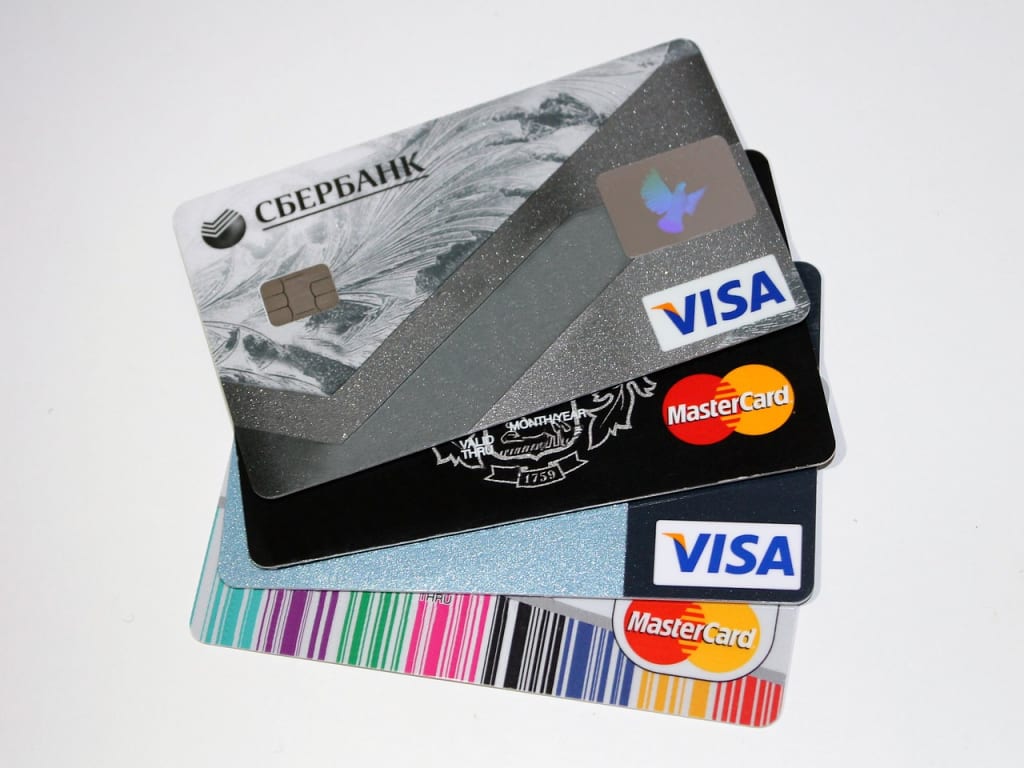
Managing your finances can be a juggling act, especially if you are currently in between jobs or living paycheck to paycheck. When we are in a bind, instead of paying for things with cash, we often resort to pulling out our credit cards to pay for the necessities and even things we want but do not need in life. If you do not have a credit card, the temptation to apply for one or more can result in a downward spiral of debt if you are not careful. Below are a few simple life hacks on how to avoid falling into a debt trap with maxed out credit cards, not to mention the havoc that can result from applying for additional cards and the downward spiral of debt that can potentially lead to filing for bankruptcy. Below are some "do"s and "don't's" when applying for and maintaining credit.
Pay the entire balance owing on your credit card(s) every month.
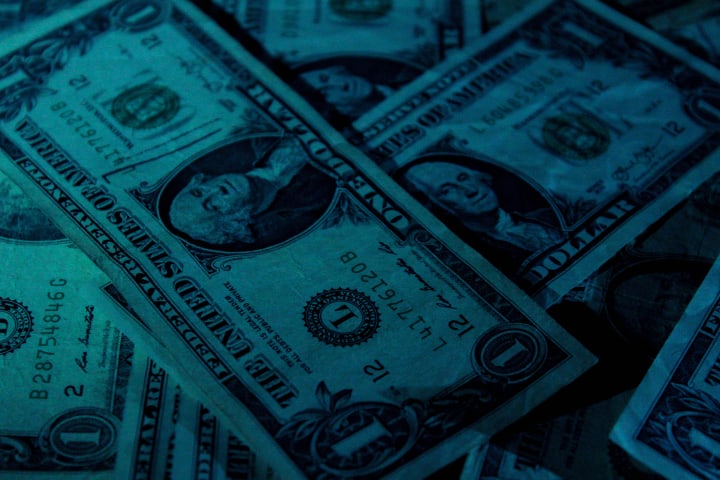
Pay off the entire balance owing every month to save on interest
Paying off the entire balance owing on your credit card every month will prevent any added interest accumulating on your card. Keep your credit utilization low so you can avoid carrying large balances on your credit cards. This will save a lot of grief and money in the long run, not to mention the headache of a maxed out card which can take months or years to pay off due to high interest rates. Paying off the balance on your credit card(s) each month will save you a lot of money and stress in the long run. This will avoid the danger of spiraling deeper and deeper into debt.
Choose the right card to fit your lifestyle.
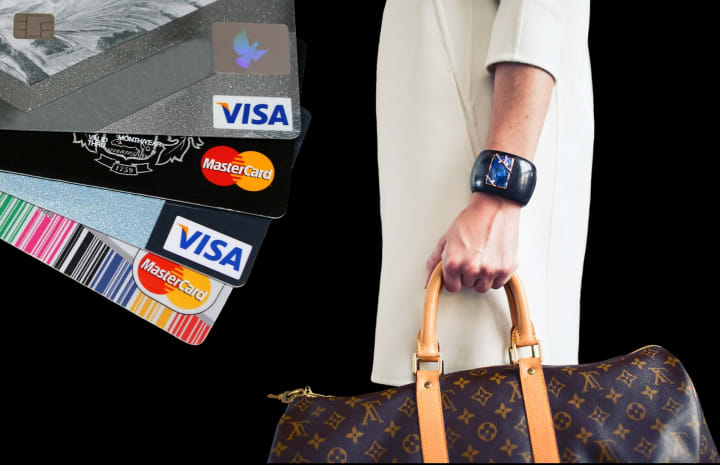
Choose the card that fits your lifesyle.
Choosing the right credit card can be a tricky process. With all of the different types of cards to choose from, before applying for a credit card, make sure that it is a card you can afford to pay off every month. For example, if you are in your late teens or early twenties, a card like Capital One with a five hundred dollar limit with a low interest rate is the best way to go. Obtaining a credit card early with a low limit is an excellent way to build your credit. Paying off the balance in full every month will not only help save money on interest rates, this will also improve your credit score. Building a good and long credit history will make you look good to lenders in the future. When you decide to leave home and apply for a mortgage, or landing your dream job, having established a great credit history will greatly increase your chances of getting approved for a loan on your first home. When you apply for a job, your potential employer will conduct a credit check. Having a good credit score can help you land your dream job. Avoid applying for multiple cards. Each time you apply for any additional type of credit, whether it be a credit card, line of credit, or a student loan, the creditor will conduct what is known as a hard inquiry into your credit report. When they pull your credit report, they will look at various things like, are you making your minimum payments on time? What percentage of credit is being utilized? This is another great reason to keep the balance on your credit card(s) low. Even if you are paying the balance in full every month despite your card being maxed out, creditors will see that you are not utilizing credit responsibly. This can send a red flag, making creditors uneasy when approving you for additional credit or a low interest rate. A hard inquiry will not only leave a dent in your credit score, a hard credit inquiry will remain on your credit report for about three years. Even if you only use the card once and pay off the entire balance and you decide to close the account, the credit inquiry will still remain on your credit report for three years. Numerous hard inquiries can also be harmful to your credit report. Before you apply for any credit cards that offer perks like cashback or air miles rewards, bear in mind that while the perks may seem enticing at first, a lot of these cards not only have high interest rates but may come with a hefty annual fee. With these cards in particular, make sure that you are making enough money to pay off the balance every month. This way, not only will you reap some awesome benefits, you will also save yourself the unnecessary headache of carrying a balance from month to month. Carrying a balance on these types of credit cards will not be as appealing if you are constantly stuck in the vicious cycle of paying off the balance month after month. Having a conscientious approach when using these credit cards will save a lot of money and aggravation in the long run.
Avoid throwing caution to the wind when using credit cards when shopping online or in public, especially around the holidays.
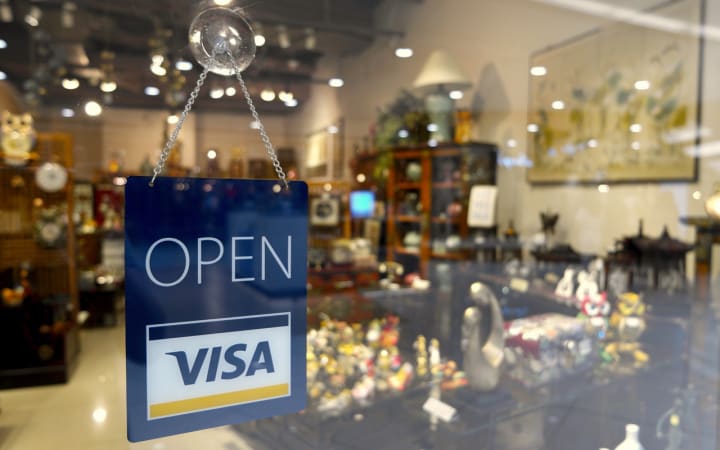
When out shopping, take one credit card and leave other cards at home
While out shopping in public or online, it is never a good idea to carry or use multiple credit cards. While out Christmas shopping, for example, carrying and using several cards can leave you particularly vulnerable to hackers and others stealing your credit card numbers and other personal information. This can result in identity theft, which means having to cancel your credit cards and bank accounts and going through the hassle of ordering new cards, which can take up to four weeks. If you do become the victim of identity theft make sure to file a fraud alert with police and credit bureau. In addition, while we are out shopping, especially around the holidays we often get distracted by the lights and attractive window displays. This is where a lot of people might pull out their credit card and not even think about the amount of debt being racked up on the credit card(s) This is why carrying only one credit card while shopping will prevent identity theft and sinking further into debt.
Avoid taking out cash advances on credit cards.
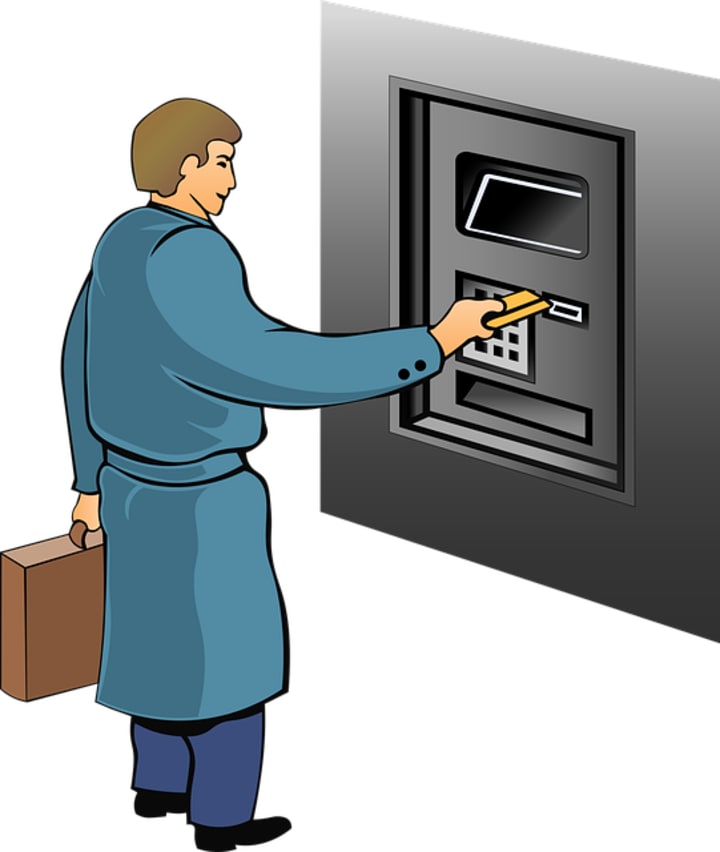
Whenever possible, avoid taking out cash advances on credit cards
Life is hectic for a lot of us, so when are waiting for our next paycheck, we might decide to take out a cash advance on our credit card(s). Anytime you take out a cash advance on a credit card, the interest rate will accrue daily until the cash advance is paid off in full. This is why you should not do this on a regular basis. This will make paying the balance off in full each month more difficult. This will also prevent the credit card from being maxed out sooner than you anticipated, not to mention any nasty surprises when the bill comes.
When and if you do max out your credit card(s), cut them up until paid off.
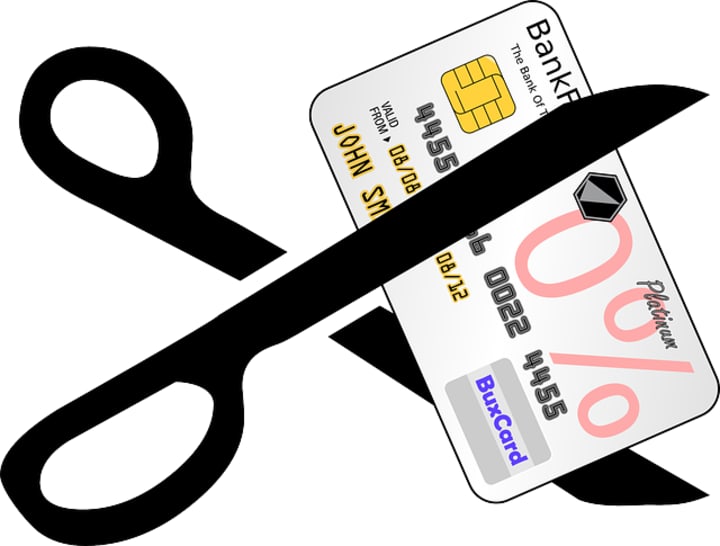
Maxed out cards should be cut up until they are paid off.
Life often throws the unexpected curve ball and sometimes keeping the balances on our credit card(s) low is not always possible. If you have one or more cards that are maxed out, cutting them up until they are paid is the best way to avoid any debt traps. However, do not close your credit card account(s) after cutting them up. Once you close any credit account, you will be given ninety days to pay the entire balance owing. Leaving the account open will allow you to pay whatever you can afford until the account reaches a balance of zero. Above all else, if you are not able to pay off the entire balance owing on your credit cards each month, always make your minimum payments on time. Even one missed payment on your credit card(s) can do some damage to your score.
If you have two or more maxed out credit cards, consolidate your debt into one monthly payment.

Consolidate your debt into one monthly payment.
If you currently have two or more credit cards that are maxed out, try to talk to your bank about consolidating the outstanding balances into one monthly payment. If you have been diligent on making payments on time, you may qualify for a low interest rate. Simple life hacks to make your finances less complicated.
About the Creator
Janelle Ouellet
Enjoys painting abstract art.






Comments
There are no comments for this story
Be the first to respond and start the conversation.